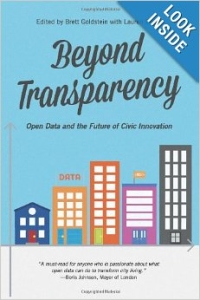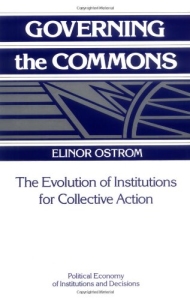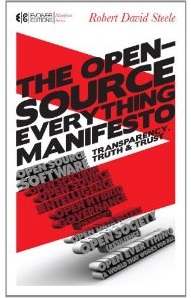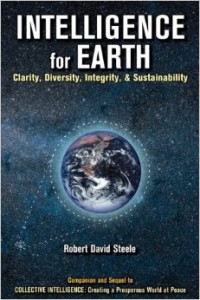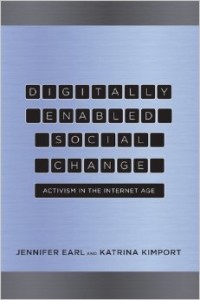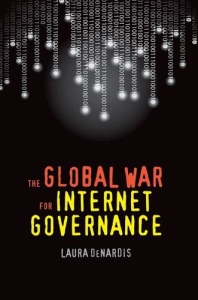
Laura DeNardis
![]() A Guide to the “Technologically Concealed” in Internet Governance, January 21, 2014
A Guide to the “Technologically Concealed” in Internet Governance, January 21, 2014
The final draft of Laura DeNardis’s most recent book, officially released on January 1st, 2014, had most likely been finalized before Edward Snowden’s recent revelations about the pervasive surveillance implemented by the U. S. National Security Agency entered the media spotlight, which explains the absence of direct references to the controversy throughout the 300-page volume. Yet, because of the Snowden revelations and a number of other issues addressed thoroughly in this extremely important book – from WikiLeaks to the SOPA and PIPA bill projects – the exploration of Internet governance (IG) issues through a “global war” lens has never been more relevant than it is today. Information and communication technologies, the Internet first and foremost, are increasingly mobilized to serve broader economic, political and military aims, ranging from the theft of strategic data to the hijacking of industrial systems. The rise of techniques, devices and infrastructures destined to digital espionage, data collection and aggregation, tracking and surveillance is highlighted not only by the recent Snowden revelations, but also by the construction and the organization of a dedicated, increasingly widespread and lucrative market.
Continue reading “Review (Guest): The Global War for Internet Governance”


